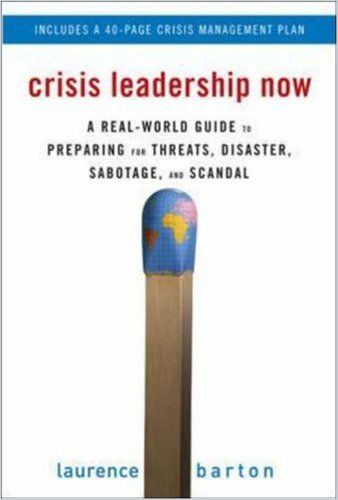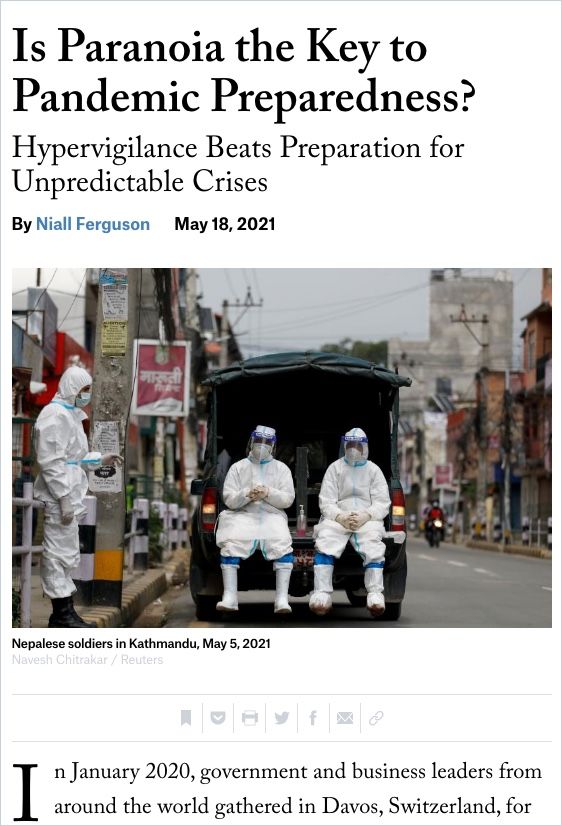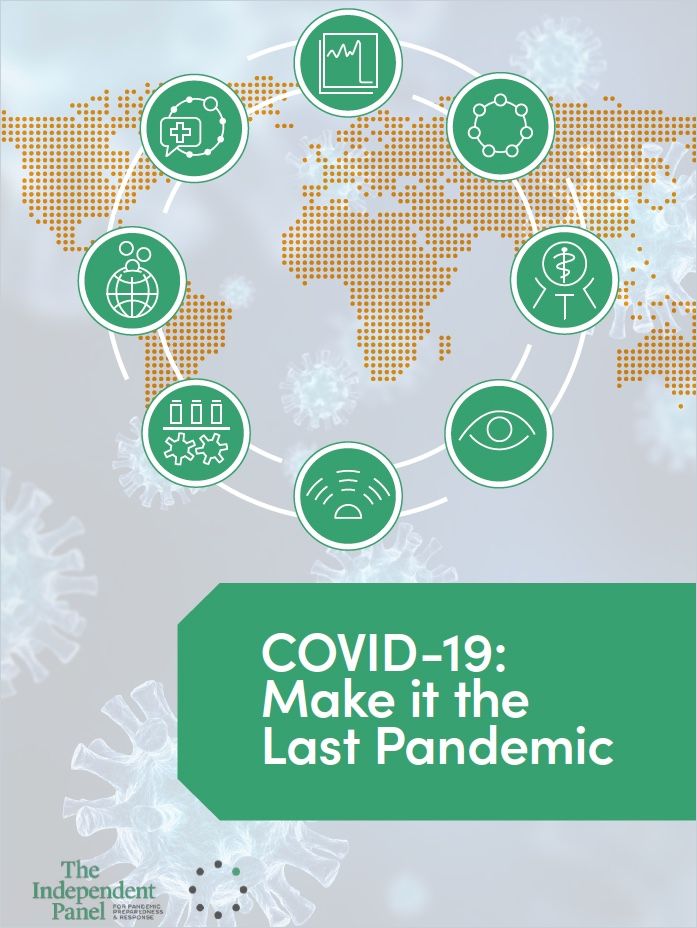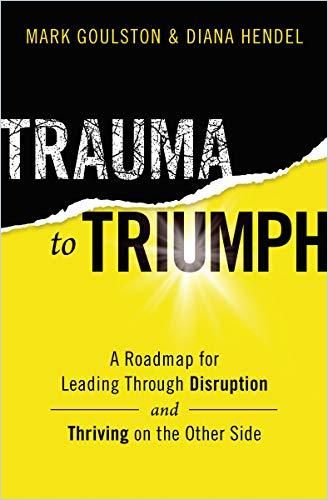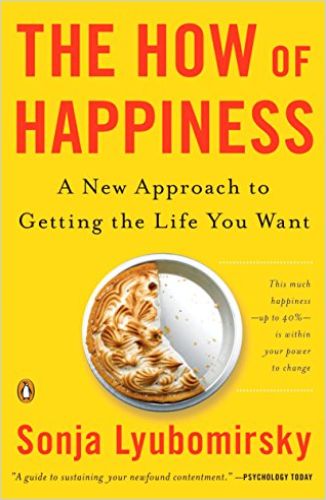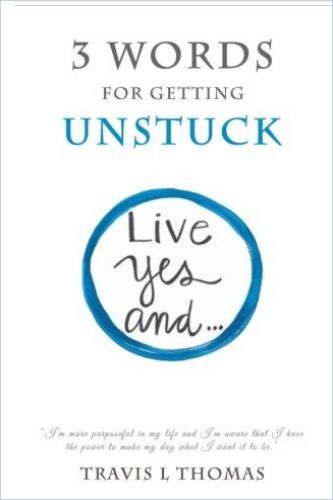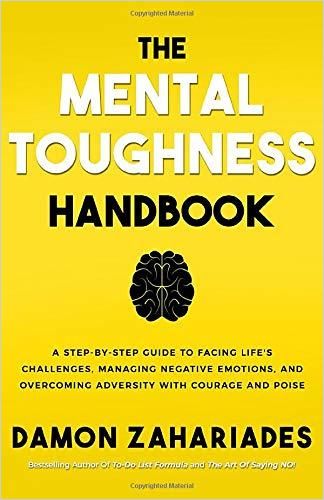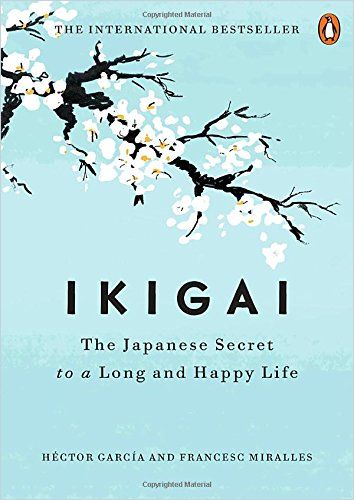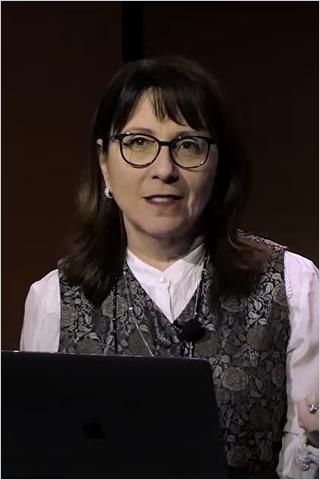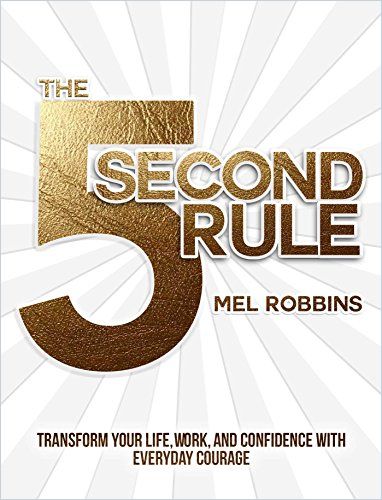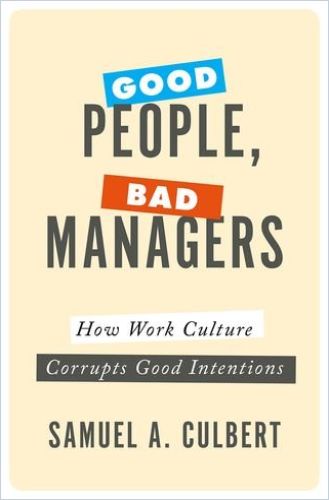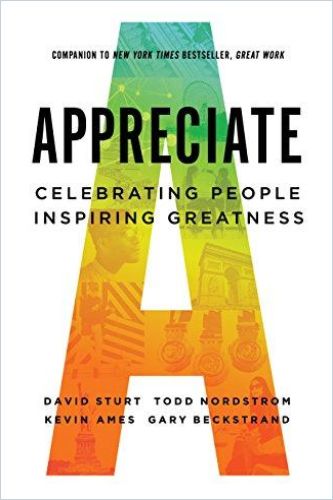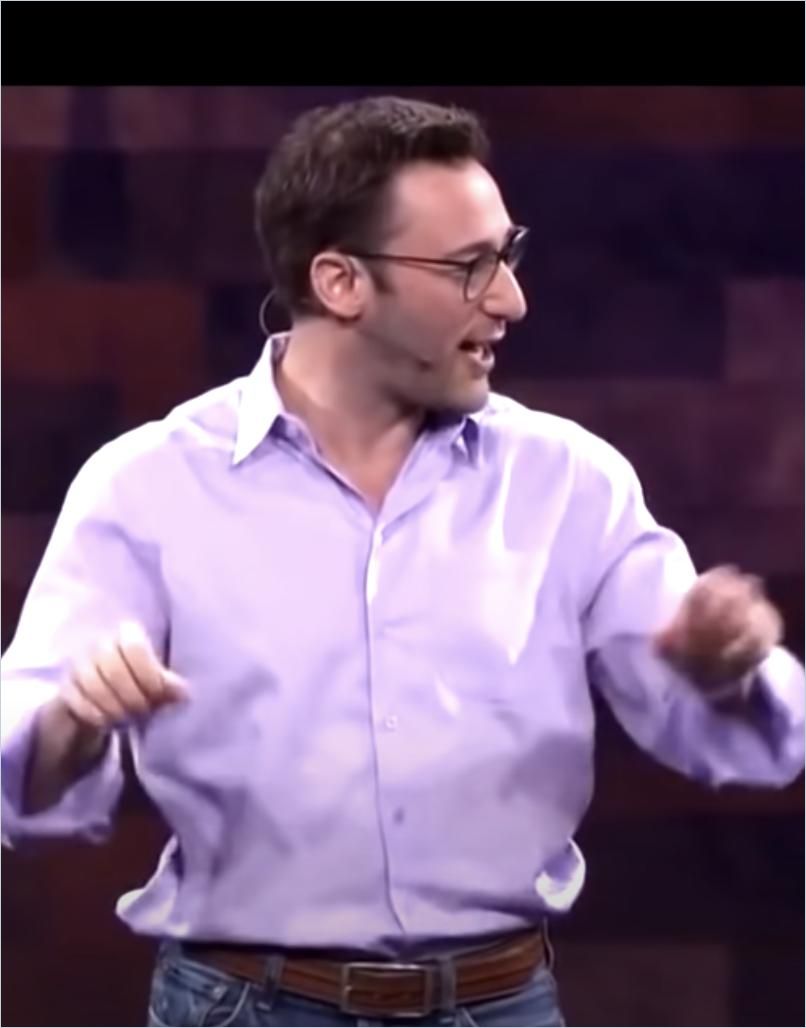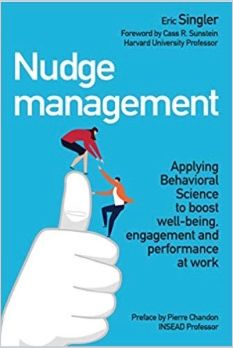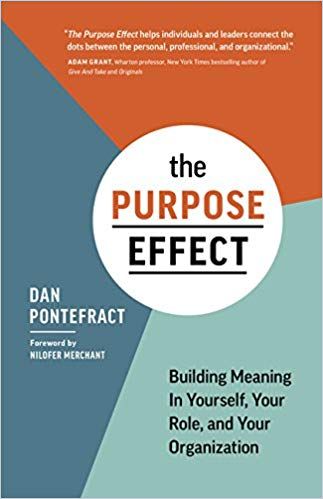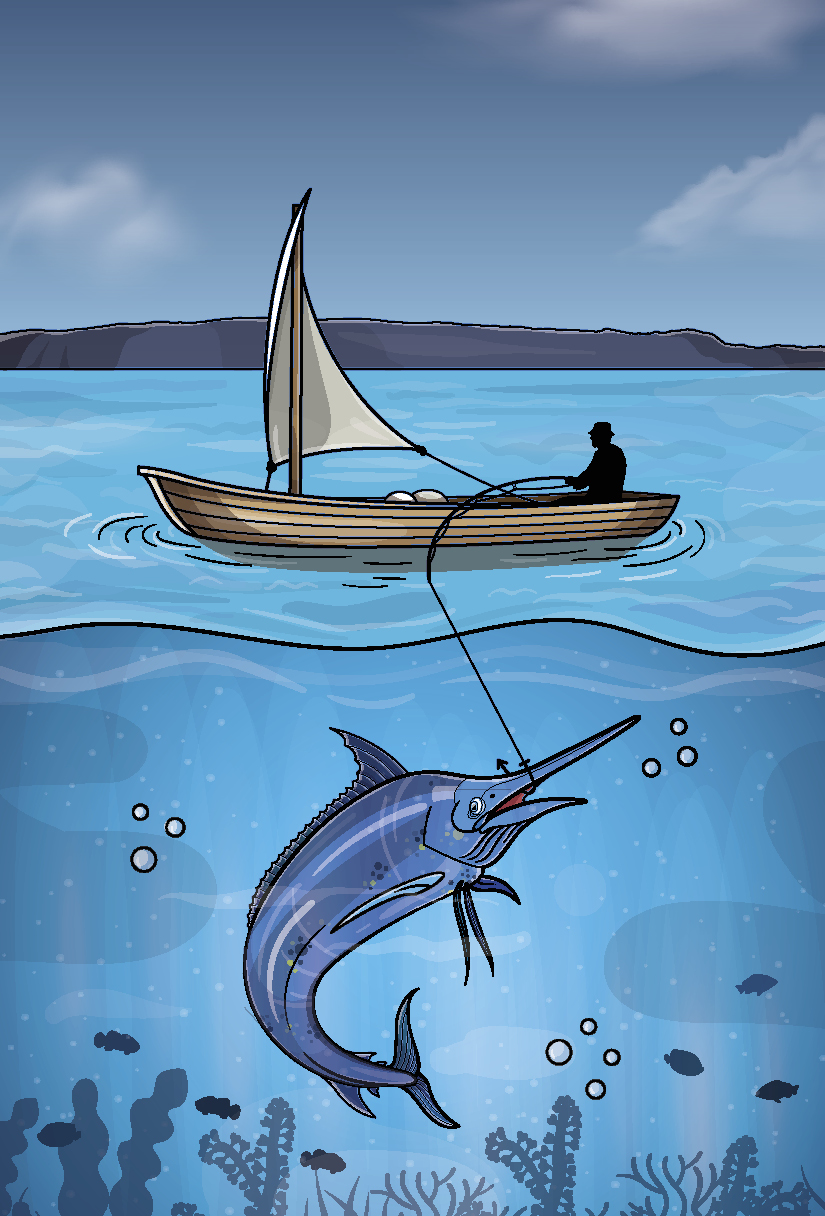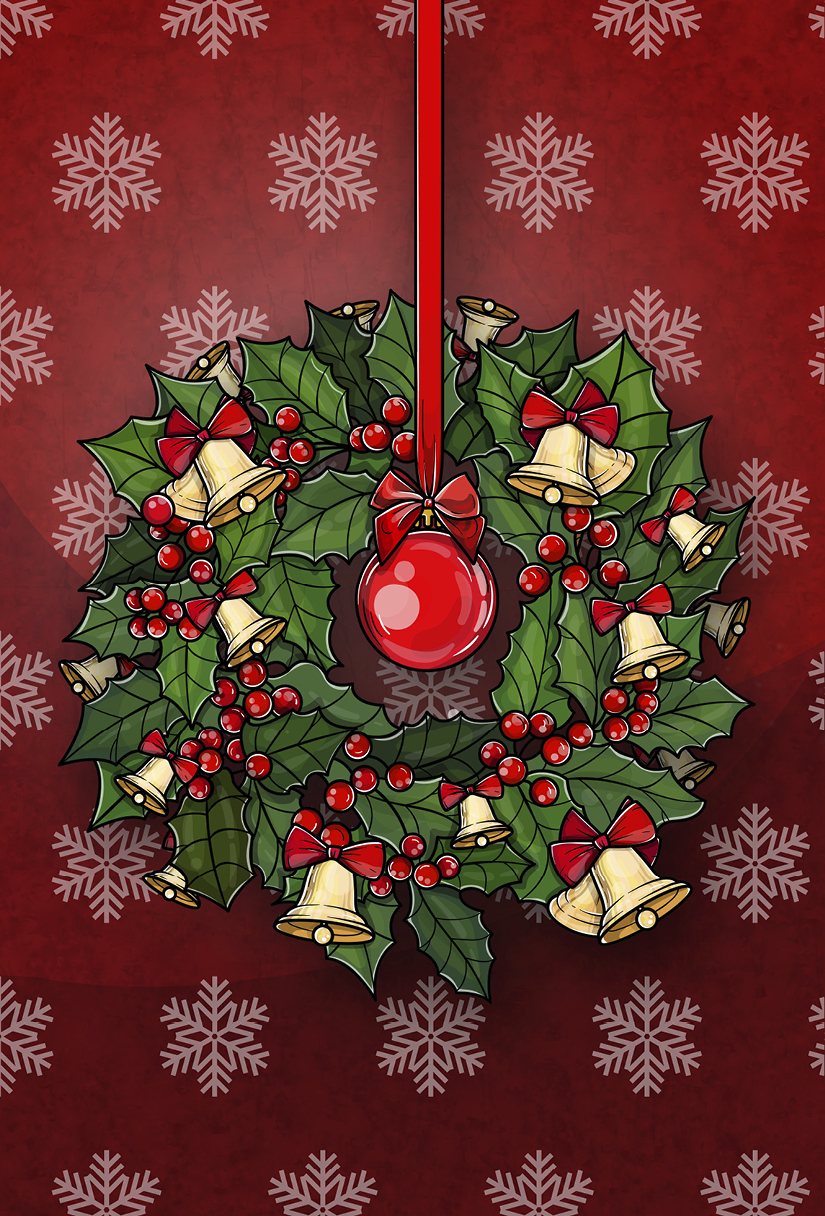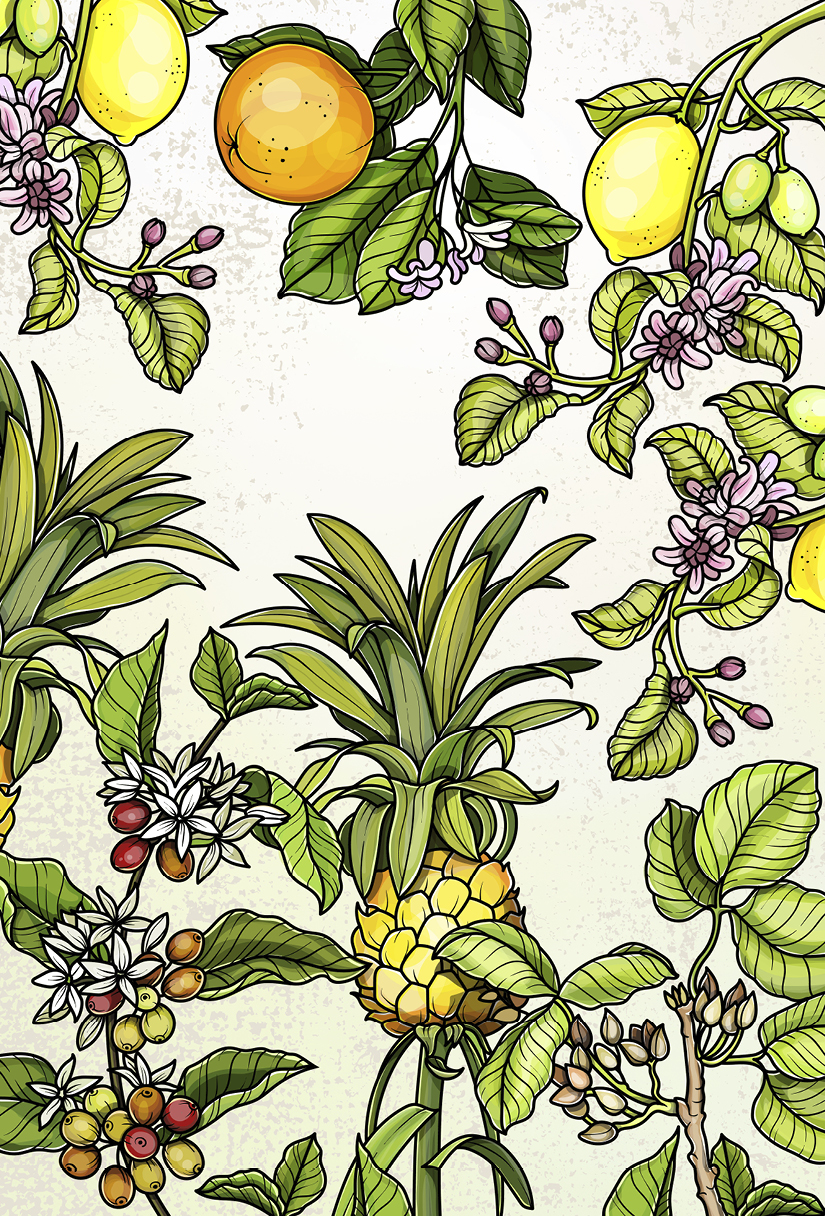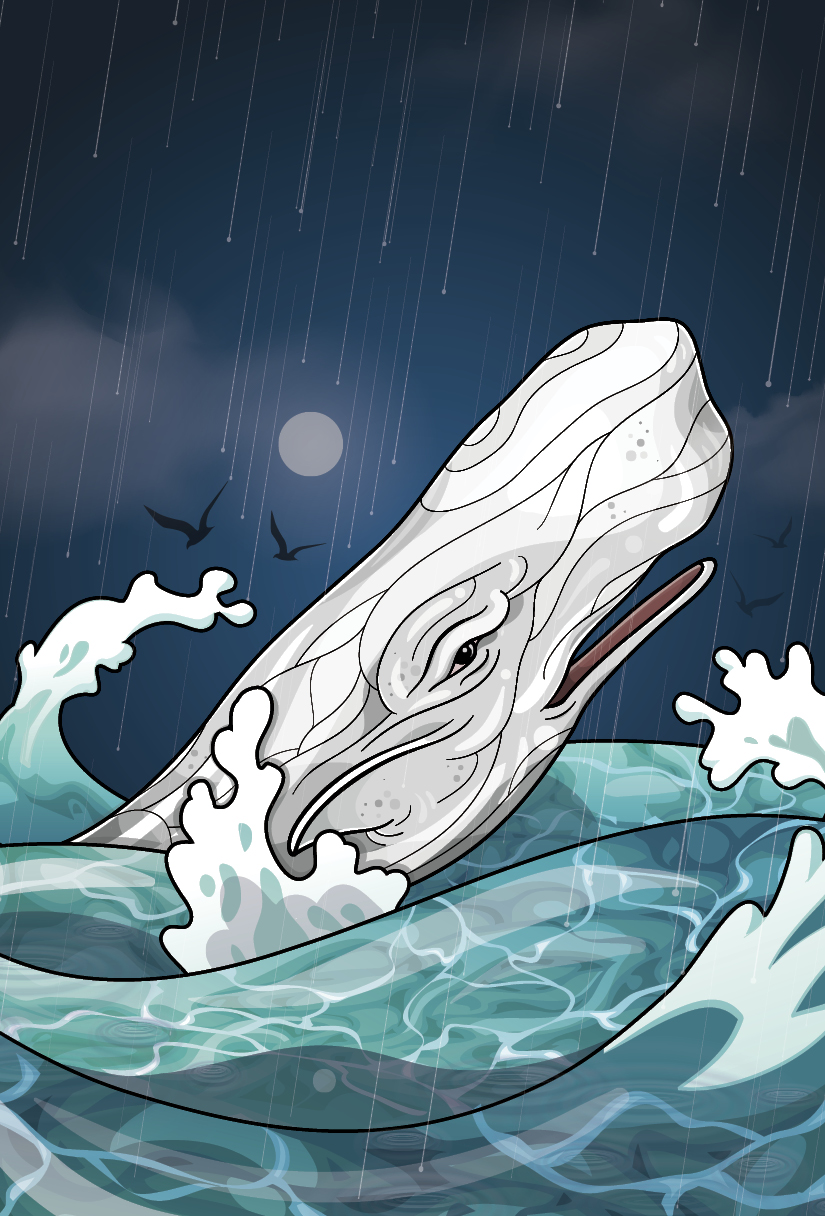Roll off Your Couch, Roll Up Your Sleeves and Get Rolling
Albert Camus’s The Plague

A once-in-a-century event like the COVID-19 pandemic naturally prompts us to look at history for precedents. The Spanish Flu comes to mind. But also literary fiction can offer instructive perspectives on a type of crisis that leaves no one and no area of life unaffected.
By now, we all recognize that the current pandemic is far from being a health emergency only. For starters, there have been economic reverberations, from supply chain disruptions to lost livelihoods. On a social level, the crisis has revealed deep distrust in government and government-mandated virus mitigation measures; it has led to the widespread questioning of science and rejection of expert advice; and it ignited an ongoing debate on the limits of personal freedom and collective responsibility.
In his 1947 novel, The Plague, Albert Camus offers a realistic description of how society reacts to a deadly epidemic: Starting with the authorities’ inevitable denial and followed by hastily convened containment measures, panic buying, shameless profiteering and public discontent. But the novel also shows how a health emergency can bring out the best in people, leading to extraordinary acts of human kindness and solidarity.
“The message of La Peste rings true today as it did back then, as it will in the future,” Camus’s daughter Catherine told The Guardian at the start of the pandemic. In fact, so many people tried to get a hold of a copy of Camus’s classic that Amazon temporarily ran out of stock.
What It’s About
The Plague tells the story of a mysterious, highly contagious illness sweeping the Algerian city of Oran. The novel can be read on several levels: As a realistic tale of an epidemic outbreak, an allegory of active resistance to totalitarianism, or a comment on the Absurd.
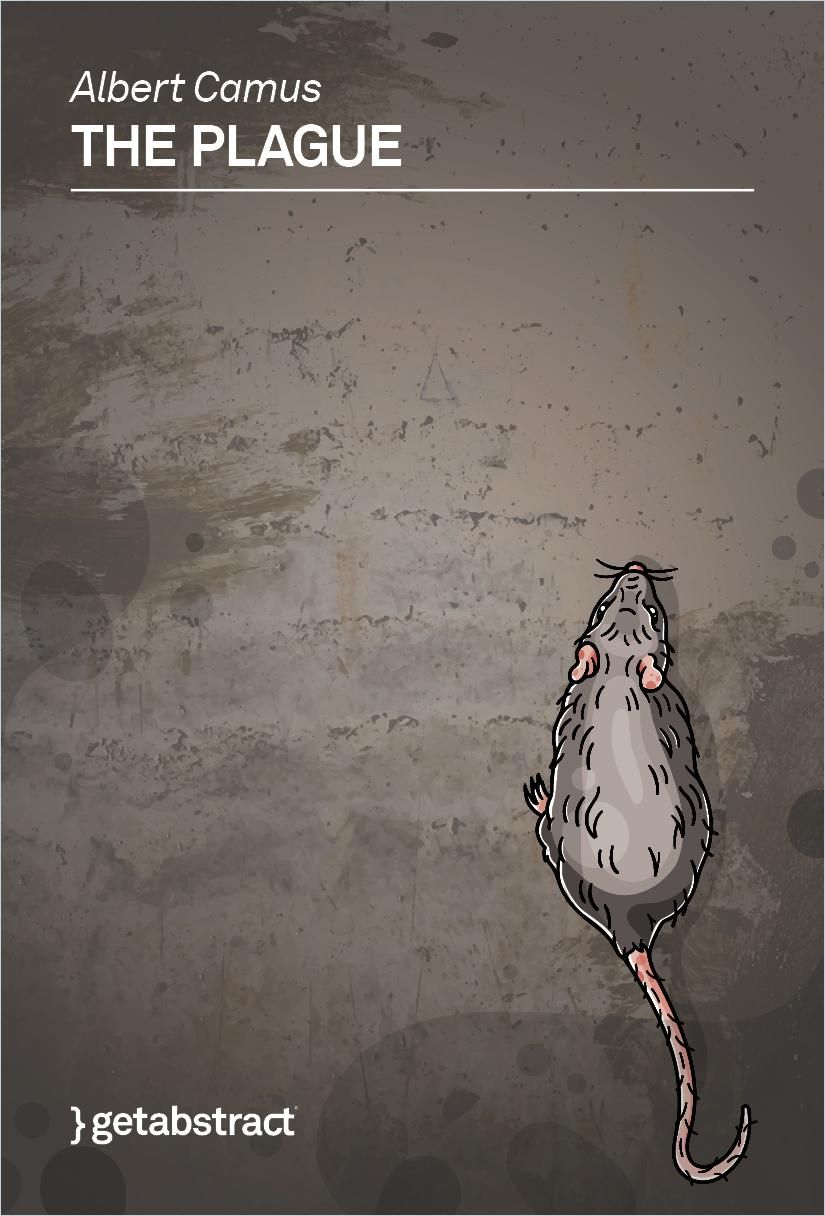
Three Life Lessons
1. The Foundation of Good Crisis Management Is Transparency
Denials. Cover-up attempts. The Plague can be read as a tale of how NOT to manage a crisis. As cases of fever and inflamed lymph nodes start multiplying at a worrying clip across the town of Oran, the municipal authorities and most of the doctors in town were wary of calling the contagious disease by its name. But main protagonist Dr. Bernard Rieux grows increasingly impatient: The name is irrelevant, he says. What matters is that people are dying from a highly infectious disease, and a wait-and-see policy could have deadly consequences.
The authorities start to put up small notices in inconspicuous parts of town, asking citizens to follow decent hygiene rules as well as to report the occurrence of fleas and unusual fevers to the authorities. The intention is clear: Don’t raise unwarranted alarm. When the Prefect finally receives an order to proclaim a state of emergency and close the town, it takes everyone by surprise – and all hell breaks loose.
Crises can strike at any time. Putting a plan in place in case of the unexpected is wise advice for governments and companies alike. Trying to withhold information or playing down the threat will only create rumours and sow mistrust. During the COVID-19 pandemic, countries that recognized and responded to the magnitude of the threat early and with aggressive containment, suppression and mitigation achieved better results. The most effective responses occurred in nations where officials retained lessons from earlier epidemics, decision-making authority was clear, coordination high, and scientific advice available and applied. Yes, it’s difficult to break the hard news and implement measures that inconvenience people in the short term. But real leaders are forged in crisis.
2. All You Can Control Is Your Own Actions
And suddenly, life as we knew it was completely upended. COVID-19 showed us how little control we have over our environment – a point that The Plague drives home. We live in a universe that is indifferent to us. Yet Camus recognizes that, as humans, we have a natural longing for order and meaning. And because the universe does not provide meaning for us, we need to create it ourselves through action. For the novel’s protagonist, Dr. Rieux, this meant hunkering down and treating patients.
A pandemic may make you feel powerless but does not condemn you to endless apathy. Focus on what you can control. What can you do today to make your life and that of your fellow humans a little bit better? Clean out your garage to make room for a new hobby; help your children with their schoolwork; get groceries for your elderly neighbor. In other words, find meaningful things to do, and you will soon no longer feel empty and forlorn.
We know from psychology that feelings follow action – not the other way around. So roll off your couch, roll up your sleeves and get rolling. It will sure make you feel better as a result.
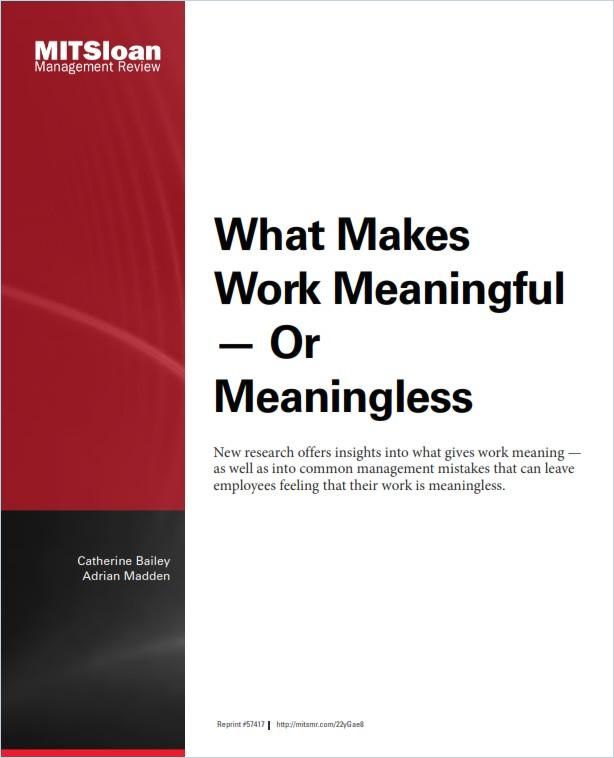
What Makes Work Meaningful – or Meaningless
MIT Sloan Management Review Read Summary3. People Are Inherently Decent – When Given a Chance
It’s an age-old question: Are humans inherently good? In the novel, Dr. Rieux and a handful of volunteers risk their lives to help doctors amid an imminent collapse of the health care system. Dr. Rieux refuses to see himself as a hero, saying he is simply “doing my job.”
Quiet acts of heroism could be seen around the world during the pandemic. Teachers working overtime to set up remote learning arrangements; companies offering their services for free; and volunteers distributing food to people who could no longer afford it. Yes, there were others who tried to make money off the crisis, selfishly hoarded essential goods or spreading lies to push their own agenda. But the many underreported stories of quiet heroism are a reminder of what Camus has felt all along: that people are inherently decent – when given a chance.
